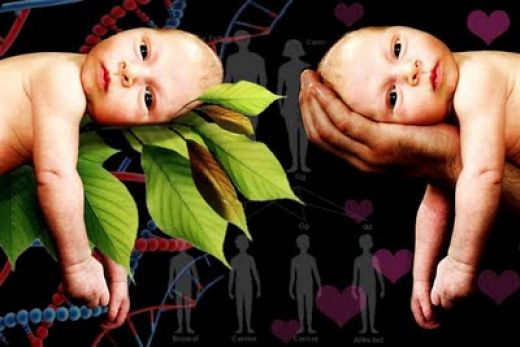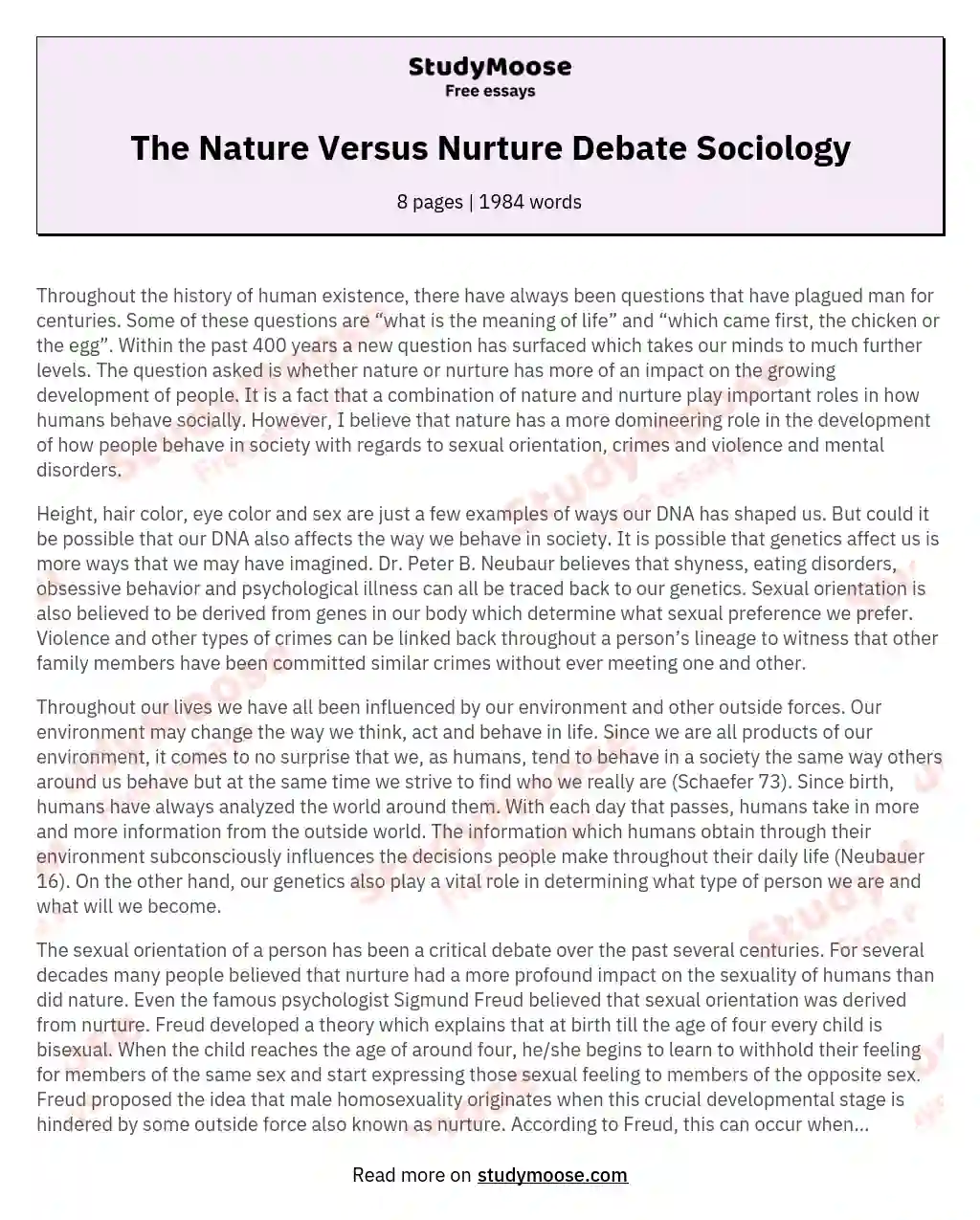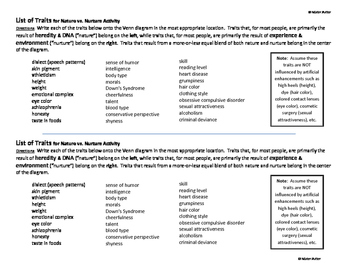Nature versus nurture is a longstanding debate in sociology that pertains to the relative importance of an individual's innate qualities versus their personal experiences in shaping their behavior and characteristics. On one hand, nature refers to the genetic and biological factors that influence an individual's traits, while nurture refers to the environmental and cultural influences that shape an individual's development.
In terms of nature, scientists have identified a number of genes that are associated with certain traits and behaviors. For example, research has shown that certain genetic variations are linked to an increased risk of developing mental health disorders like depression or anxiety. Similarly, there is evidence that genetics play a role in determining an individual's personality, intelligence, and even their likelihood of engaging in risky behaviors.
On the other hand, nurture refers to the ways in which an individual's environment and experiences shape their development. This includes factors like the culture in which an individual is raised, the quality of their education, and the relationships they have with their family and peers. For example, children who grow up in households with supportive and nurturing parents are more likely to develop healthy relationships and emotional intelligence, while those who experience neglect or abuse may struggle with social and emotional development.
So, what is the relative importance of nature versus nurture in shaping an individual's characteristics and behaviors? The answer is that both nature and nurture play important roles in an individual's development. While genetics do play a role in determining certain traits, they do not determine everything about an individual. Instead, genetics interact with the environment to shape an individual's development.
One way to think about the nature versus nurture debate is to consider the concept of nature as a foundation, upon which nurture builds. Just as a strong foundation is necessary for a building to stand tall and withstand the elements, genetics provide a foundation for an individual's development. However, just as a building needs a solid structure, materials, and design to be complete, an individual's development also depends on the environment and experiences they have throughout their life.
In conclusion, the nature versus nurture debate in sociology highlights the complex interplay between genetics and the environment in shaping an individual's characteristics and behaviors. While genetics do play a role, they are not the only factor, and the environment and experiences an individual has throughout their life also have a significant impact on their development.







